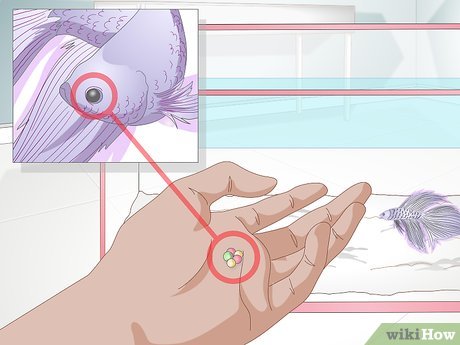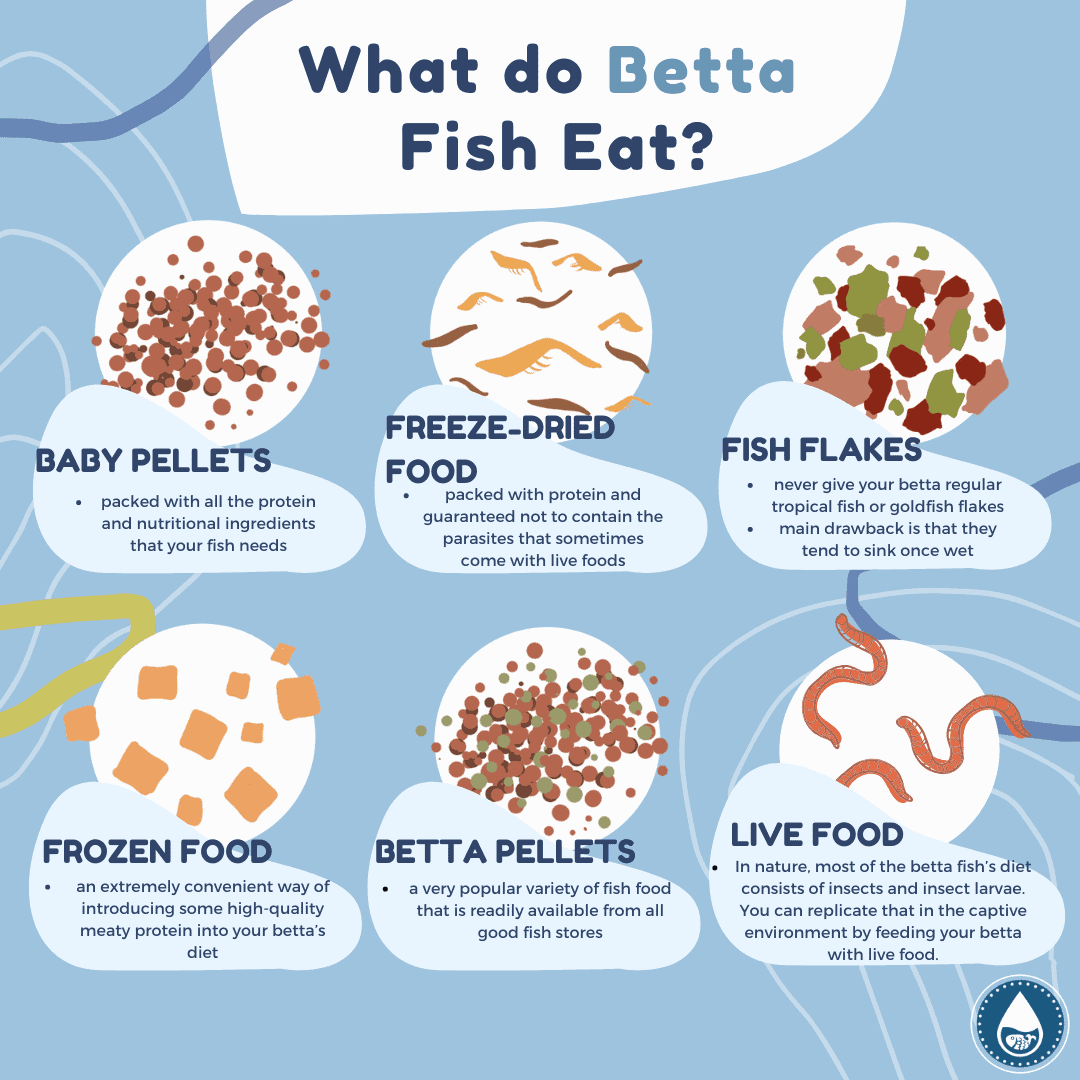As a Betta fish owner, one of the most critical things you need to know is how often to feed your fish. Feeding your Betta too much or too little can have serious consequences, including overeating, constipation, and even death. One of the most popular types of food for Betta fish is flakes, but how often should you feed your Betta fish flakes?
It’s essential to understand that Betta fish have a small stomach, and overfeeding them can lead to health problems. Generally, you should feed your Betta fish flakes once or twice a day, with each feeding consisting of no more than what your fish can consume in two minutes. Overfeeding can cause bloating, constipation, and even swim bladder disease, which can be fatal. So, it’s crucial to feed your Betta fish the right amount of flakes to keep them healthy and happy.
Betta fish should be fed flakes once or twice a day, with each feeding consisting of no more than the amount of food they can consume within two minutes. Overfeeding can lead to health issues such as obesity and digestive problems. It is also recommended to occasionally supplement their diet with live or frozen foods.

How Often Should You Feed a Betta Fish Flakes?
Betta fish, also known as Siamese fighting fish, are one of the most popular aquarium fish in the world. They are known for their vibrant colors, long flowing fins, and unique personalities. Betta fish are carnivores and require a diet that is high in protein. Flake food is a popular food choice for Betta fish, but many owners often wonder how often they should feed their Betta fish flakes. In this article, we will discuss the ideal feeding schedule for Betta fish and how to properly feed them flakes.
Understanding Betta Fish Diet
Betta fish are carnivores and require a diet that is high in protein. In their natural habitat, they feed on insects, larvae, and small crustaceans. In captivity, Betta fish can be fed a variety of high-quality foods including pellets, frozen or live foods, and flakes. It is important to note that Betta fish have small stomachs and can easily become overfed, which can lead to health problems.
How Often Should You Feed Betta Fish Flakes?
When it comes to feeding Betta fish flakes, it is important to follow a feeding schedule to ensure that your fish is getting the proper nutrition without overfeeding. Adult Betta fish should be fed once or twice a day, with no more than 2-3 flakes per feeding. It is important to observe your Betta fish’s behavior and adjust the feeding schedule accordingly. If your fish is not showing interest in the food or is leaving food uneaten, you may need to adjust the amount or frequency of feedings.
Feeding Betta Fish Flakes
When feeding Betta fish flakes, it is important to feed them a high-quality, protein-rich food. Flake food should be soaked in water for a few seconds before feeding to prevent bloating and constipation. It is also important to feed your Betta fish in small portions, no more than 2-3 flakes per feeding. Overfeeding can cause health problems such as constipation, bloating, and obesity. It is best to feed your Betta fish small portions throughout the day rather than one large feeding.
Benefits of Feeding Betta Fish Flakes
Feeding Betta fish flakes has several benefits for both the fish and the owner. Flakes are a convenient and easy way to provide your Betta fish with the nutrients they need to stay healthy and happy. Flakes are also affordable and widely available, making them a popular choice for Betta fish owners. Additionally, feeding your Betta fish flakes can help reduce the risk of overfeeding, which can lead to health problems.
Flakes vs. Pellets
While flakes are a popular food choice for Betta fish, pellets are also a great option. Pellets are more nutrient-dense than flakes and can help prevent overfeeding. Pellets also sink to the bottom of the tank, making them ideal for Betta fish that prefer to feed at the bottom of the tank. Ultimately, the choice between flakes and pellets comes down to personal preference and the specific needs of your Betta fish.
Tips for Feeding Betta Fish Flakes
When feeding Betta fish flakes, it is important to keep a few things in mind. First, always soak the flakes in water before feeding to prevent bloating and constipation. Second, feed your Betta fish in small portions, no more than 2-3 flakes per feeding. Third, observe your Betta fish’s behavior and adjust the feeding schedule accordingly. Finally, always choose a high-quality, protein-rich flake food for your Betta fish.
Frequently Asked Questions
How often should you feed a betta fish flakes?
Betta fish are known for their vibrant colors and beautiful fins, but they require proper care and feeding to stay healthy. When it comes to feeding betta fish flakes, the question of how often to feed them is a common concern. The short answer is that you should feed your betta fish flakes once or twice a day.
Overfeeding your betta fish can lead to health problems, such as constipation or bloating. It’s essential to give your betta fish the right amount of food each day. A general rule of thumb is to feed your betta fish only the amount of food that they can consume within two minutes.
What happens if you overfeed a betta fish?
Overfeeding your betta fish can lead to serious health problems. Betta fish are prone to constipation, bloating, and swim bladder disease, which can be caused by overeating. If you notice that your betta fish is not swimming properly or has a distended belly, it may be a sign of overfeeding.
It’s crucial to feed your betta fish the right amount of food each day to prevent health problems. You should only feed your betta fish the amount of food that they can consume within two minutes. If you notice any signs of overfeeding, such as constipation or bloating, you should reduce the amount of food you’re giving your fish.
Can you feed betta fish flakes every day?
Yes, you can feed betta fish flakes every day, but it’s essential to give them the right amount of food. Overfeeding your betta fish can lead to health problems, such as constipation or bloating. You should only feed your betta fish the amount of food that they can consume within two minutes.
Betta fish are carnivores, and their diet consists mainly of protein. Flakes are a common food source for betta fish, but it’s essential to choose a high-quality brand that contains the nutrients your fish needs. You can also supplement your betta fish’s diet with live or frozen foods, such as bloodworms or brine shrimp.
How do you know if your betta fish is hungry?
Betta fish are active and curious creatures, and they will often swim to the top of the tank when they see their owner approaching. If your betta fish is hungry, they may also nibble at the water’s surface or follow your finger around the tank.
It’s essential to establish a feeding routine for your betta fish to prevent overfeeding or underfeeding. You should feed your betta fish once or twice a day, only the amount of food that they can consume within two minutes. If your betta fish is not interested in eating or shows signs of distress, such as hiding or lethargy, it may be a sign of illness.
What other foods can you feed betta fish besides flakes?
In addition to flakes, you can also feed betta fish live or frozen foods, such as bloodworms or brine shrimp. These foods provide your betta fish with essential protein and nutrients that they need to stay healthy. You can also offer your betta fish freeze-dried foods, such as krill or plankton.
It’s important to vary your betta fish’s diet to prevent boredom and ensure that they’re getting all the nutrients they need. However, it’s essential to feed these foods in moderation and avoid overfeeding, which can lead to health problems. You should only feed your betta fish the amount of food that they can consume within two minutes.

How Often to Feed a Betta Fish
In conclusion, how often you should feed your betta fish flakes depends on various factors such as their size, age, activity level, and overall health. However, it is generally recommended to feed them small amounts of flakes twice a day. Overfeeding your betta can lead to health problems such as obesity and bloating, so it’s important not to exceed the recommended amount.
Additionally, it’s important to remember that flakes should not be the only source of nutrition for your betta. They also need a variety of other foods such as frozen or live foods to ensure they are getting all the necessary nutrients. It’s also important to avoid feeding your betta any foods that are too large or difficult for them to eat, as this can cause choking or digestive issues.
Overall, maintaining a balanced and varied diet for your betta fish is key to their overall health and well-being. By following these guidelines and monitoring your betta’s feeding habits, you can ensure they are getting the proper nutrition they need to thrive.
